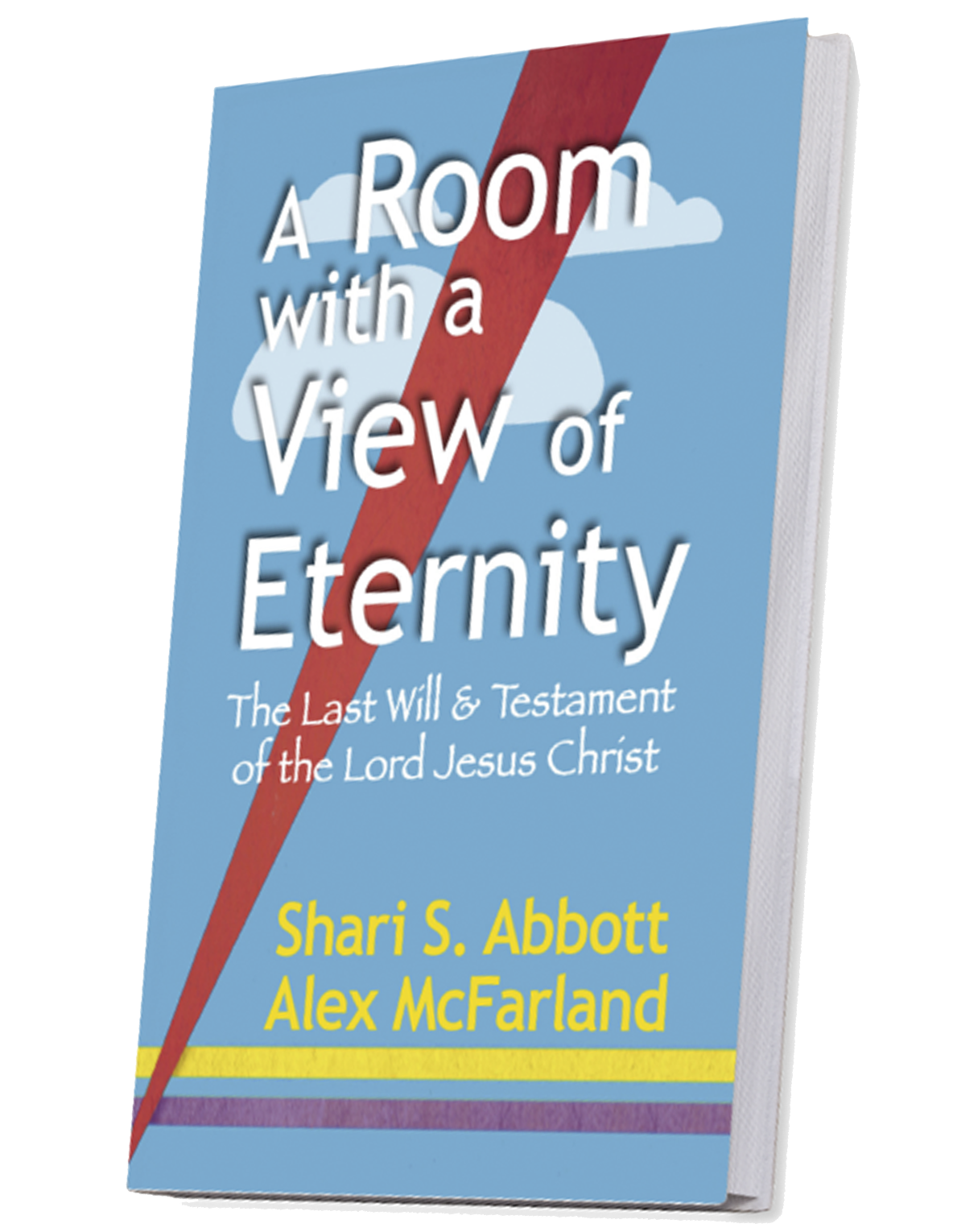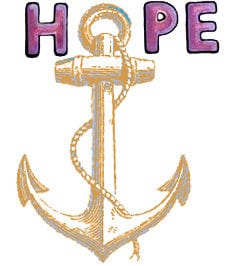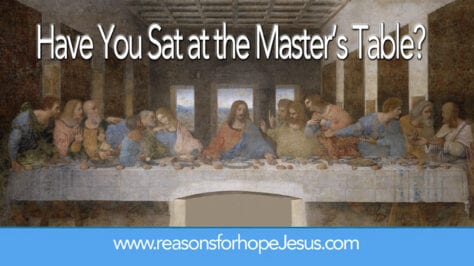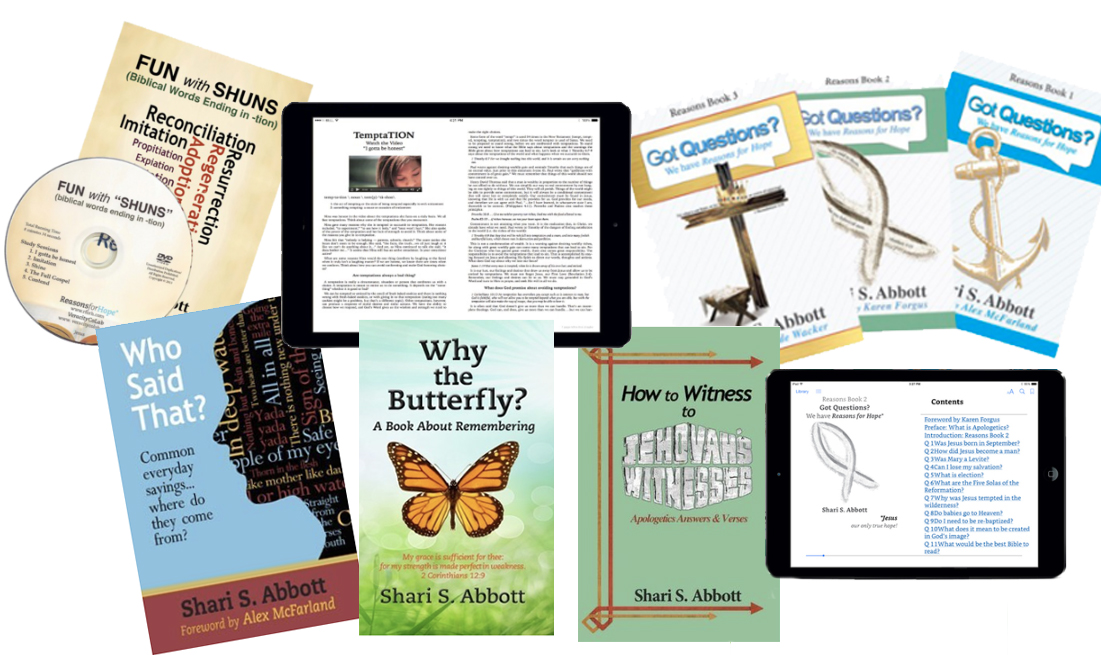
Perhaps you have heard the simple answer to this question. It is often said that the best Bible to read is the one that you WILL read. While this is true, there are a number of things one should consider in choosing a Bible to read and study.
When we speak of choosing a Bible, it’s really about choosing a translation. In the English language, there are numerous translations. Discerning which is best requires some understanding about the types of translation methods and the manuscripts from which they were translated.
At Reasons for Hope* Jesus, we use the King James and the New King James translations. Both are literal, word-for-word translations. The King James was first published in 1611 and the New King James, a modern translation, was published in its entirety in 1982 (New Testament in 1979 and the Psalms in 1980) Both are translated using manuscripts from Antioch, Syria.
Numerous other translations come from Alexandrian (Egypt) manuscripts. They include the New American Standard, the Revised Standard Version, the English Standard Version, the New International Version, and more.
Although the Alexandrian line has older manuscripts, there are significantly more manuscripts from the Antioch line. Some might think that older manuscripts are better, but that is not necessarily so. Perhaps the oldest manuscripts survived because they were not used very much. The Bible was never intended to be put on a shelf. God gave us His Word to be read and re-read, and then studied thoroughly and meditated upon. If the Antioch manuscripts were preferred, they would have been read more and replaced more often. I have a Bible that is falling apart because of years of reading and studying. I also have others that are in pristine condition because I seldom use them.
Manuscripts
Concerning the thousands of manuscripts in the Antioch line, we know that throughout the ages the Bible was meticulously copied. The Hebrews used a numbering system to verify that each page had been correctly and perfectly copied.
We also know that God promised to preserve His word (Isaiah 40:8, Matthew 5:18, 1 Peter 1:24-25). That is our assurance that, these many centuries later, we can trust that we have the preserved and inerrant Word of God.
Translation Styles
In addition to the two manuscript lines, there are also two translation styles to consider, 1) word-for-word (literal) and 2) thought-for-thought (dynamic) translations. We encourage you to choose a word-for-word or literal translation, especially for study purposes. It can be beneficial to have a thought-for-thought translation to be enjoyed simply for reading purposes, but you will sacrifice the preservation of the originals and compromise your ability to cross-reference. You will even find that thought-for-thought translations omit some verses.
Another style of Bible translation, which is not really a translation, is called a paraphrase. By definition, the word translation means to take the original word in one language and provide the equivalent word with the same meaning in another language. Paraphrase Bibles do not meet those criteria. They re-word verses and passages, usually as a way to convey the thought in modern English and contemporary vernacular. Paraphrase Bibles often select very different words, which can significantly alter the meaning and can make cross-referencing nearly impossible. Although some paraphrase Bibles try to stay close to the original words and meanings, there are some that stray very far from the original by contextualizing to modern-day culture. The editors of these Bibles clearly title them as paraphrases, not translations. If you choose to read a paraphrase Bible, be aware that although you can gain understanding and application from it, paraphrase Bibles are not the pure and preserved Word of God.
Be Diligent
Do some research and find the translation that you trust and enjoy reading. For further information on the two manuscript lines you might want to read Which Bible Translation is Best? found in Reasons Book1. It explains manuscript evidence in more detail.
Whichever translation you choose, the most important thing to do before you begin to read or study the Word of God is to pray and ask the Holy Spirit to teach you. We are explicitly told that He is the One who teaches us (John 14:26) and that He will guide us (John 16:13). Choose your Bible translation and begin reading and studying. Trust that God will feed you with His Word by the power of the Holy Spirit and that you will grow in your knowledge of Him and your love for Him.
Matthew 4:4 …It is written, Man shall not live by bread alone, but by every word that proceedeth out of the mouth of God.
John 17:17 Sanctify them through thy truth: thy word is truth.
<*}}}><
*******
Jesus is the Reason this Ministry Exists
At Reasons for Hope* Jesus, we are committed to equipping, encouraging, and empowering Christians to know Jesus better, love Him more, and share their faith. We also reach the lost through our Salvation Page.
With your support, we can continue to provide valuable resources and engaging content. Please join us in our mission by donating today. Your generous contribution helps us expand our outreach of sharing biblical truths and hope in Jesus. Thank you for your kindness and for being an integral part of our mission.
*******
*******
***A Hidden Message in Psalm 23?***
Hidden in the six verses of Psalm 23 are 11 names for Jesus. When you subscribe to our newsletter, we’ll send you The Names of God in Psalm 23 PDF that reveals all 11 names and Scripture verses of comfort and hope (link will be sent in your confirmation email).
 A Room with a View of Eternity—The Last Will & Testament of Jesus Christ Take a seat at the Master's table. Learn about the riches He gives to all who are His. This book will bless and encourage you, give you hope, and help you live in the joy of your salvation and the riches of Christ that are yours.
A Room with a View of Eternity—The Last Will & Testament of Jesus Christ Take a seat at the Master's table. Learn about the riches He gives to all who are His. This book will bless and encourage you, give you hope, and help you live in the joy of your salvation and the riches of Christ that are yours.

The Top Ten Got Questions? in 2023
- The Meaning of NUMBERS in the Bible?
- Was Jesus CRUCIFIED on Wednesday, Thursday, or Friday?
- How was Jesus Like a Worm? What’s the CRIMSON (OR SCARLET) WORM in Psalm 22?
- How are the Shepherd’s ROD and STAFF Different?
- How long did JOB SUFFER?
- What is the Significance of the Wise Men's THREE GIFTS? And were they kings?
- Did The Wise Men Arrive 12 DAYS AFTER JESUS’ BIRTH? Or Was It Much Later?
- Jesus’ Last Days TIMELINE: the Cross and the Resurrection
- The Meaning of COLORS in the Bible?
- Did Jesus Fight Satan to Take Back the KEYS of Death and Hell?
There is much to be learned from those who have gone before us in the faith. Check out our Cloud of Witnesses category that features the words of departed saints who are now with the Lord in glory. Their words equip and encourage us even to this day. Take a few minutes to hear...
- ONLY ONE LIFE, Twill Soon Be Past – by C.T. Studd (1860 – 1931)
- “The Love of God is Greater Far” by Frederick M. Lehman (1917)
- Prayers from Billy Graham
- Who Was Robert Robinson? What’s the Story Behind “Come Thou Fount”
- “Immanuel” — A Poem by Charles Spurgeon (1834-1892)
- Who Am I? A Poem by Deitrich Bonhoeffer (1905-1945)
- Understanding the Everlasting Arms of God, by J.R. Miller (1840–1912)
- 24 Reasons Why I Love America, by John Wayne (1907-1979)
- Give Me Perpetual Broken-heartedness (from The Valley of Vision)
- Abide with Me, by James Smith, 1859
This remains one of our most popular pages viewed.![]()

TOP TEN Videos from Reasons for Hope* Jesus
- Memorial Day BAGPIPES TRIBUTE: Amazing Grace
- RISE AND SHINE and Give God the Glory, Glory!
- WERE YOU THERE When They Crucified My Lord?
- PAUL HARVEY: THE BIRDCAGE
- PRESIDENT RONALD REAGAN: A SOLDIER'S PLEDGE
- Hark! the Herald Angels Sing -- CHARLIE BROWN Christmas
- JOHN WAYNE ~ WHY I LOVE AMERICA
- Jimmy Stewart - Nativity Scene Prayer: Mr. Krueger's Christmas
- THE LEGEND OF THE CANDY CANE - A Christmas Story to Share
- Not by Might, Not by Power, But BY MY SPIRIT says the Lord (Zechariah 4:6)
*****************























